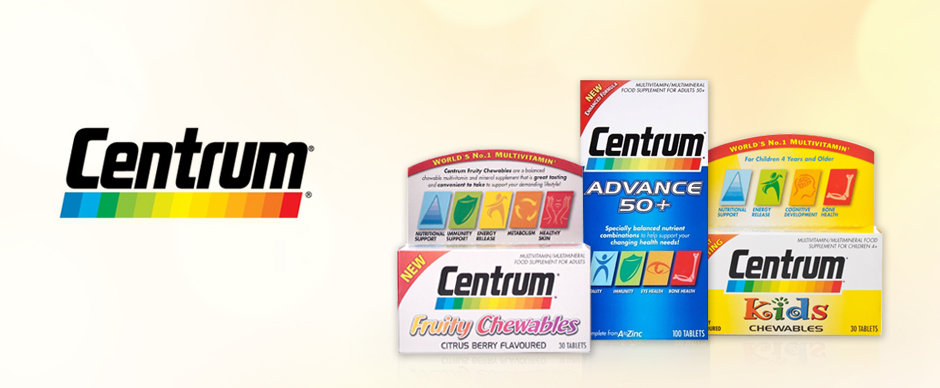
Lutein
Lutein is a carotenoid - a type of pigment that gives colour to fruit and vegetables. Lutein gets stored in the eye where it forms the yellow pigment of the retina to absorb damaging blue and near-ultraviolet light from the sun. This protects the centre of the retina(the macular) from damage. The macular gives us colour and fine visions but in doing this job it produces free radicals - rogue forms of oxygen that cause cell damage. Fortunately, Lutein is a potent antioxidant which means it helps block some of this damage.
Quick Summary
Lutein works as a light filter to protect our eyes from sun damage.
Why is Lutein important?
Lutein protects us against eye disorders including age-related macular degeneration and cataracts. Lutein is also a powerful antioxidant which means it helps to destroy damaging free radicals.
Recommended Daily Allowance (RDA)
6mg to reduce the risk of cataracts and age-related macular degeneration (AMD) or 10mg to reduce symptoms of age-related macular degeneration.
Where can you find Lutein?
- Kale
- Spinach
- Turnip greens
- Broccoli
- Egg yolk
- Kiwi fruit
- Seedless grapes
Lutein functions
- Contributes to the protection of cell constituents from oxidative damage
- Protects the eyes from damaging near ultraviolet light.



